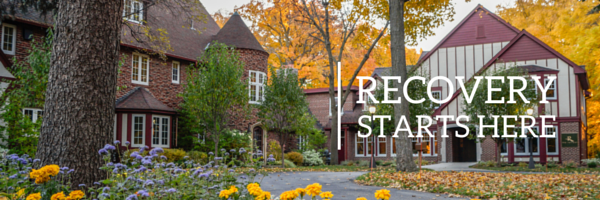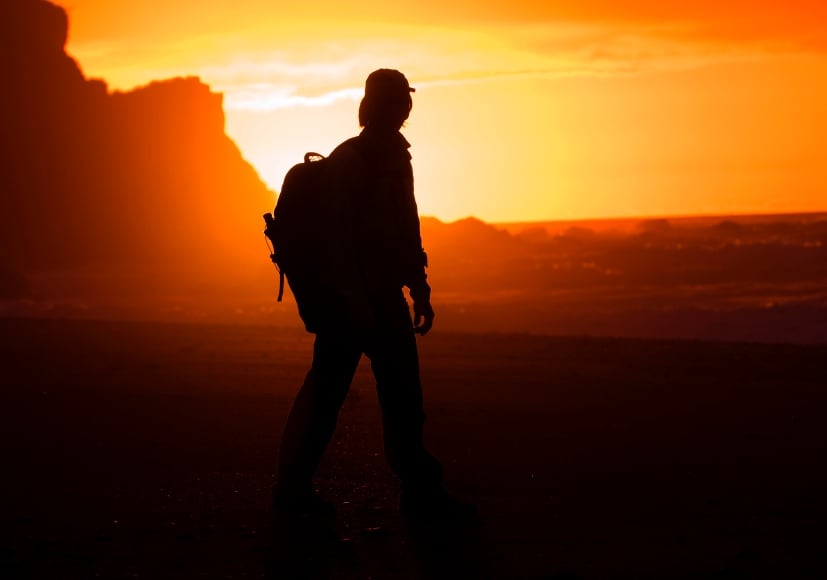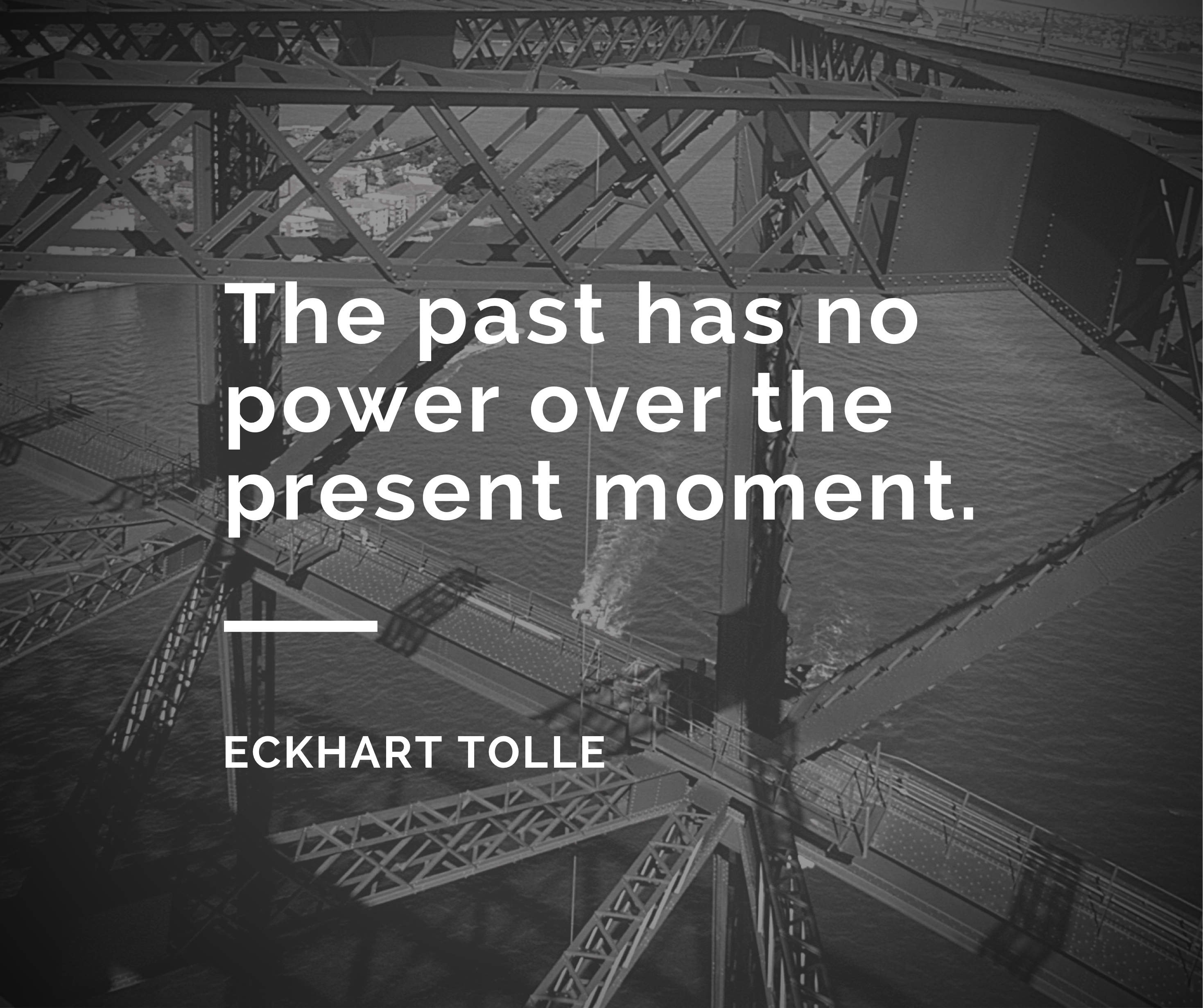
Many of us begin our recovery as “functional agnostics”. That is, we may say we believe in a Higher Power, but we function as if we were on our own. It would be convenient if our Higher Power would show up and do something miraculous so that we could believe. It’s easy to assume that God, if there is one, should give us a “white light experience” so that we can believe.
Sometimes that happens. AA's co-founder, Bill W. had just such a miraculous experience. He had a sudden, overwhelming encounter with God, and did not doubt again. AA's other co-founder, Dr. Bob, had the educational variety of religious experience, in which he learned about his Higher Power over a period of time. This slower form is by far the most common in recovery.
One way to research whether there is an active Higher Power in our lives, is to begin looking for coincidences in recovery. Each of them could, by itself, be just a coincidence. As they pile up, however, we begin to detect the possibility that a Higher Power is at work in our lives. That possibility is scary. We wonder what this "Higher Power" might be up to next. In our anxiety, we sometimes drop the experiment. But when we keep it up, the coincidences reveal the guidance of the God of our understanding.
In treatment, or at The Retreat, we notice the way the “roommate from hell” turns into a lifetime friend; the way the assigned lecture or reading turns out to have just what we needed when we needed it; the way the unavailable sober house bed comes open just at the right time. When I married Priscilla thirty-nine years ago, we were so different that the minister who did the wedding began by saying "I never thought you two would go through with this." Over the years we really discovered how similar our childhoods and original families were, and how much we have in common inside. Of course, this could be just a coincidence.
On our honeymoon, we went off to a lonely corner of the Atlanta Airport between the two flights to our Florida destination, to have some quiet time together. A woman came up to us to ask if it was safe to fly. We told her that we were on our honeymoon, and if we thought it wasn't safe, we wouldn't go. It turns out she was on the run from an abusive husband, and was terrified both of flying and of going back to him. By coincidence, she was booked on our flight, and we rode with her to Florida. I think her Higher Power wanted her to fly to safety.
On my last afternoon working on a men's unit at Hazelden, after my work was done, I met a new patient who was lamenting that no one understood him or what his life was like. By coincidence, he was from a town I knew well. The counseling center he had been attending was set up in memory of my brother-in-law, who died of the consequences of alcoholism. We had a fine talk, he felt understood, and then I went home. His higher power and mine had given both of us a lift. Of course, It could have been just a coincidence.













